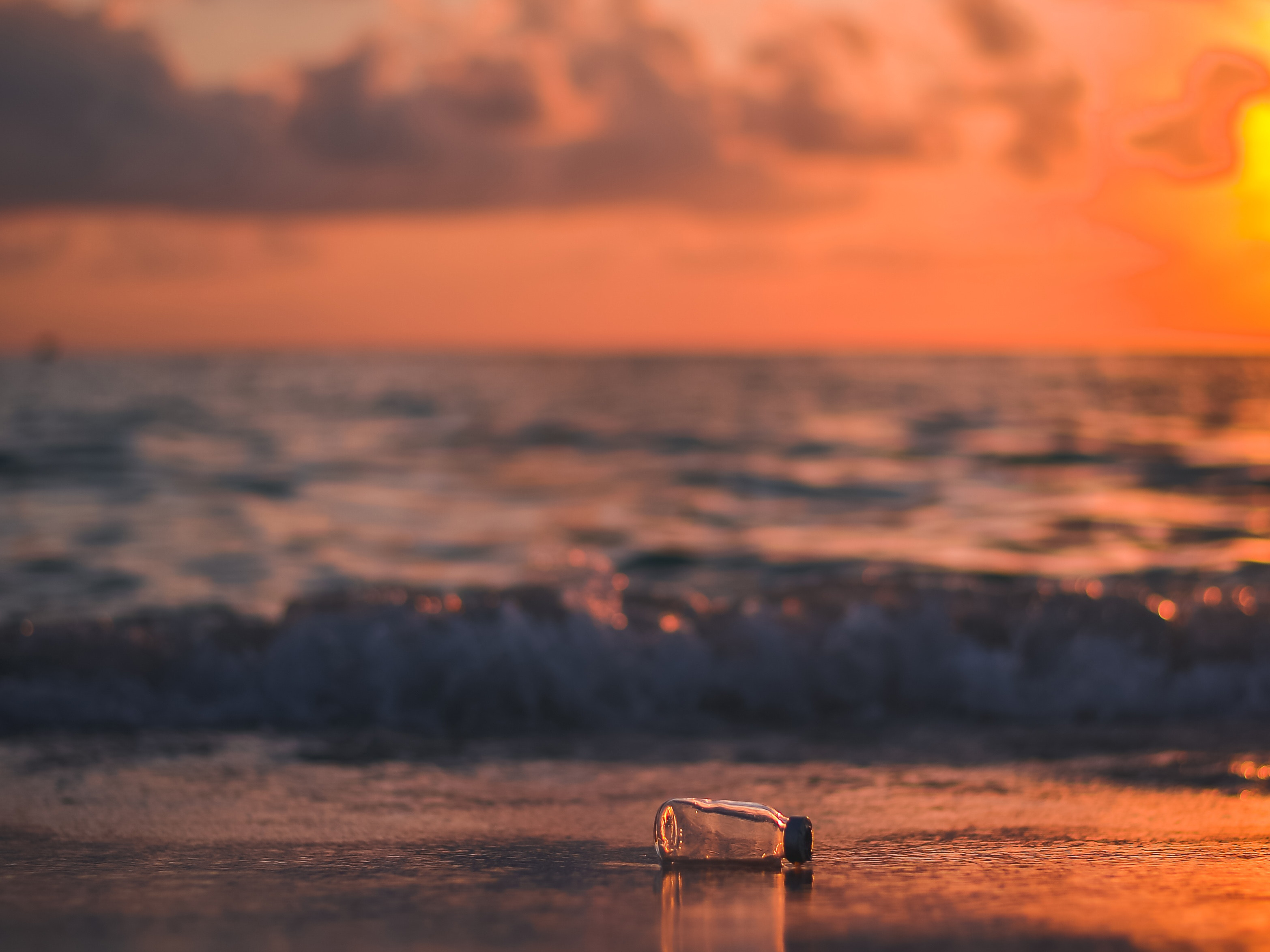The European Parliament approves measures to reduce marine litter

More than 80% of the waste found in the sea is plastic, according to the European Commission. Therefore, last March 27 the European Parliament approved a package of ambitious measures to reduce marine litter in relation to the ten plastic single-use products that are most frequently found on beaches, as well as abandoned fishing gear.
These measures are part of the Plastics Strategy of the European Union, a strategy that adopts a new approach to the life cycle of the material, with the aim that all plastics packaging placed on the EU market is reusable or easily recycled by 2030.
Among the main measures adopted are:
1. The ban on the manufacture of products such as cotton bud sticks, cutlery, plates, straws; sticks for balloons (although not the balloons themselves); expanded polystyrene containers for beverages and food for immediate consumption or to take away.
2. A separate collection goal of 90% for plastic bottles for 2029 (77% for 2025).
3. The incorporation of 25% of the recycled plastic in PET bottles from 2025 and 30% in all plastic bottles from 2030.
In addition, it reinforces a principle already assumed in the current European environmental policy: polluter pays. Thus, an extended responsibility is introduced for fishing gear manufacturers, who will have to assume the cost of collecting lost net at sea. Cigarette producers will also have to cover the costs of the public collection of cigarette butts on the beaches, including the necessary infrastructure for this, as appropriate receptacles in the waste bins.
The approved measures follow a similar approach to the successful European plastic bag consumption reduction directive of 2015, which caused a rapid change in consumer behavior. When these measures are implemented, the European Commission expects them to bring environmental and economic benefits, such as avoiding damages with an estimated cost of 22 million euros by 2030 and avoiding the emission of 3,4 million tons of CO2 equivalent.
